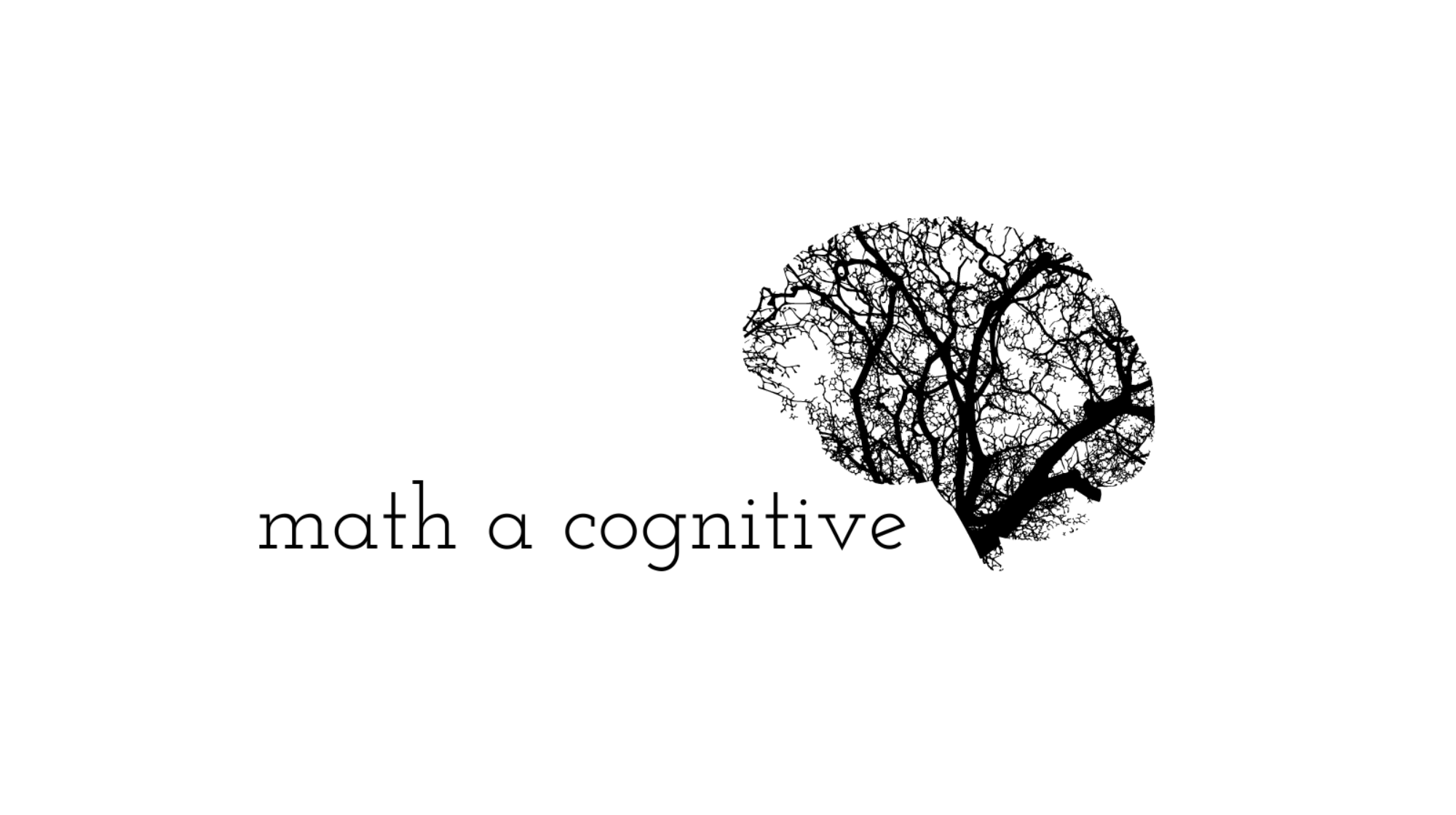I give out the answers.
I tell my students that I’m going to on the first day of class. I think, they think I’m crazy. Or lying.
And then I give them work the next class with the answers on the back (or, this year, at the end of the digital file) and they think I’ve made a mistake. (Many assume it is a strange and indecipherable worksheet, because the reality of an answer key is so unexpected)
It’s not a mistake.
It’s an intentional and powerful teaching choice.
Note: My classes are ungraded. I love this aspect of my teaching, and it’s common in adult education, but your experience may be different depending on your context. I’d be curious to hear your experience in the comments.
Why I give out answer keys:
More-or-less practical reasons:
- Students get immediate feedback on their work (especially valuable this year, when we’re dealing with remote learning and asynchronous work)
- Sharing the task of checking work with the students frees up time for more impactful tasks. I can look briefly at their work with the goal of assessing and providing verbal feedback, not marking each item.
- It also lowers the barriers to differentiation and independent work. It’s easier (for me) to imagine students working on 3 or 4 different things, when I don’t have to worry about tracking and correcting 3 or 4 different things or getting everyone finished at the same time to go over the answers as a class.
- It helps develop independence in learning. Students’ aren’t dependent on me to provide feedback, or stuck waiting for me to give them that feedback (wasting limited class time). They can check and move on, or ask a more informed question if they got it wrong.
These are good reasons and real benefits to both me and my students. But, they are far from the most important reasons:
Giving the answer keys conveys trust and respect. Adult ed students didn’t always have the best experiences in school, they might have felt judged. They rarely felt trusted. It’s powerful to hand them the thing their previous teachers probably kept locked away.
Even beyond that, I can think of no more powerful statement that the point is not to the answer, the point is the learning that leads to or flows from that answer.
What answer keys don’t do:
Provide nuance or guidance. Knowing the answer is B or 17.2, is only so helpful. This is true whether they get that information from the key, or from a hurried teacher-correction. We know this, and we all want to provide quality feedback. I ask students to check their work in class, but I also look at it as I’m conferencing and provide the guidance and nuance. Do you understand why it’s B? How did you get to C? It looks like you did ___, have you tried ___?
Encourage cheating: I always tell students they can’t cheat. No grades means they’re only hurting themselves if they copy the answers without understanding, and few do. Also, they are adults who are choosing to participate. They know they need to learn this stuff to meet their goals, and that there’s no reward or punishment for the number of right answers on the class work. As a result, I’m more likely to get people who are afraid to use the answer keys because that seems like cheating than people who are actually just copying
How to make answer keys a teaching tool:
In all honesty, the hard part of this is not the practical reforms, it’s the mindset shift for both teacher and students.
Except… textbook publishers don’t make the keys easy to read. You might have to help students navigate the dense paper-saving pages they provide. When I’m on it, I draw a star or box before I photocopy, but I’m not always that on it. We manage.
- Change how you make copies. If you have a student version separate from the answer keys, there’s a transition period of reuniting them for each round of copies
- The first time, take a few minutes explain to students why they have the keys, and how to use them as a learning tool.
- As students work and check their work, model how to engage the keys as a learning tool: Student: “Will you check this?” Teacher: “You’ve got the answers here. I’ll check the first couple with you…” “Ok, so your answer is different from the key, can you figure out why?” (Also, Repeat. This is a skill. It takes some practice.)
My resident curmudgeon and long time student now tells the new people how long he resisted the answer keys (boy did he) but that they’re actually kind of helpful and not cheating. If you knew him, you’d know that’s a powerful endorsement 🙂

